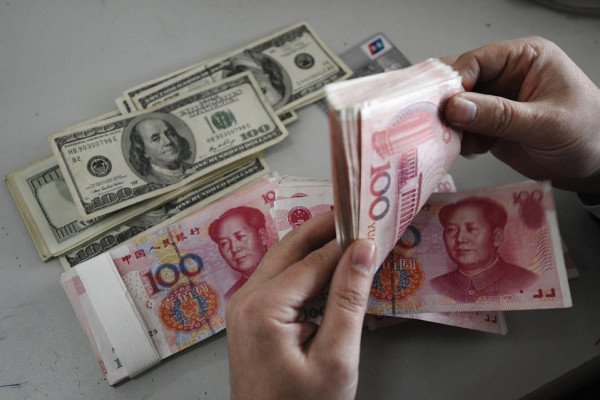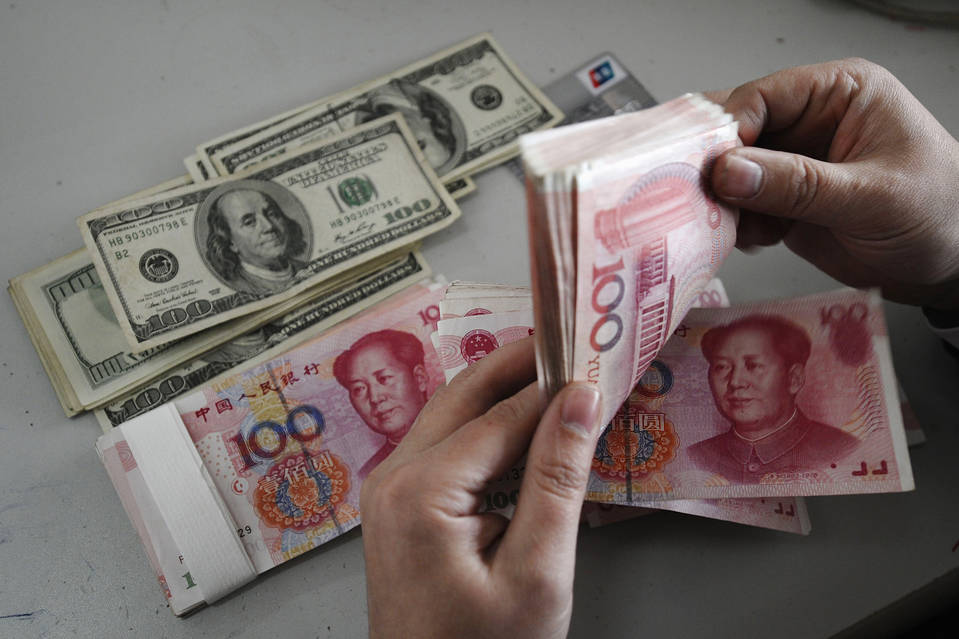China’s currency, the yuan, will join the IMF’s group of international basket of reserve currencies, the Fund is expected to announce on November 30.
Just the US dollar, the euro, Japan’s yen and the British pound are currently part of this select band.
Earlier this month, IMF Managing Director Christine Lagarde backed the yuan’s inclusion.
If the decision is made, the yuan is likely to join in 2016, experts said.
China is the world’s second largest economy behind the US and asked for the yuan to become a reserve currency in 2014.
Reserve currencies are used by central banks and other financial organizations to help pay down international debt and steady exchange rates.

The last change made to the basket was in 2000, when the euro replaced the German mark and the franc.
If Beijing’s wish is granted on November 30, some analysts have suggest that by 2030 the yuan will become one of the top three major international currencies, together with the dollar and the euro.
Concerns about Beijing keeping the yuan artificially low to help exporters is one reason the currency has previously failed to meet the criteria for reserve currencies set out by the International Monetary Fund.
However, Chinese officials have a made a concerted effort to build support for the yuan’s inclusion, and a recent IMF staff report endorsed such a move.
Initially, the yuan’s inclusion would be largely a symbolic gesture, some analysts have said.
They have also said the yuan’s ongoing inclusion in the basket would depend on whether China continues its financial reforms.
